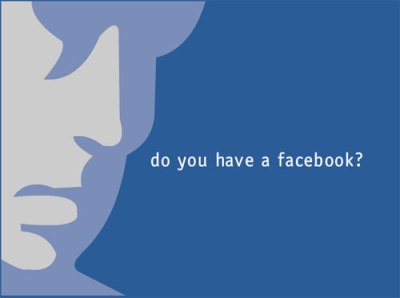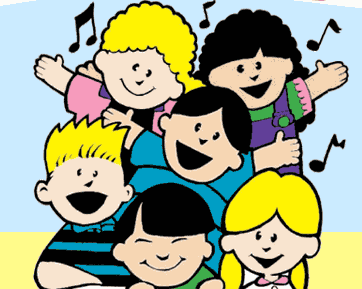
As a conclusion blog I wanted to go back to the beginning. For the first day of class we had to read “Why Blog?” by Diane Penrod. This reading was very insightful as to what blogs are and why people use them. The article spent a lot of time discussing why younger people find blogging so fascinating and as future educators I believe we need to be up the times. I believe that it is important to embrace the new technologies and incorporate them in lesson plans. As a future elementary educator I believe in the importance of teaching children how to use the Internet properly. I thought there was a lot when I was young but the content on the Web has grown exponentially. By incorporating the Internet into the classroom children will be fully aware of what is out there and hopefully what to stay away from.
As for blogging, it is a great way to express yourself and to explore different topics that might not be addressed everyday. Blogging is a great lesson for involving various different interests. Usually projects involve one research topic but blogs allow user discretion. It is an easy way to allow students to research and write about whatever topic interests them in a specific writing space. Blogging is easy enough for elementary students to understand and will allow them to practice writing in a practical element.




